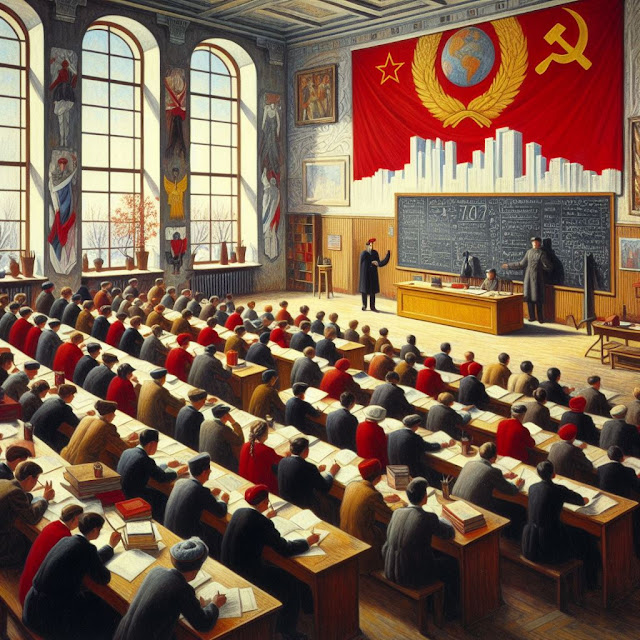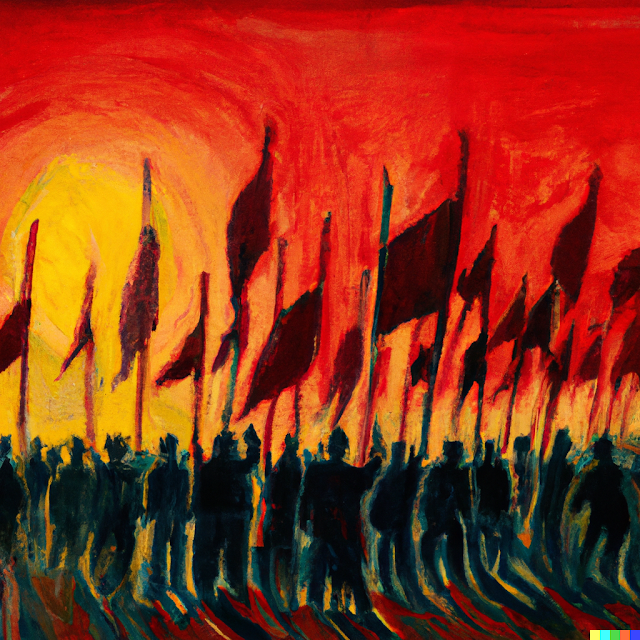Philosophy vs Western Civilisation

A recent Matt Yglesias post contained some discussion of concerns people have about the contemporary humanities. For those not subscribed he included a screenshot of the discussion in a recent tweet . The basic idea is that there are some core values underlying American society (the context from which he writes, but I think we can fairly generalise this to at least other liberal democracies) and that people expect educated people to be inculcated into these values. By way of example he mentions ideals of religious freedom and "a philosophical lineage from Plato and Aristotle to Hobbes and Locke and Mill and Rawls". He says that while it is good to hear about radical critiques of such ideas and such a tradition, and that can even be from some who endorse the critiques (intelligent advocacy for the view points being a good way of hearing them at their strongest) in the end the broader society will not long put up with funding institutions that are too hostile to these things.


